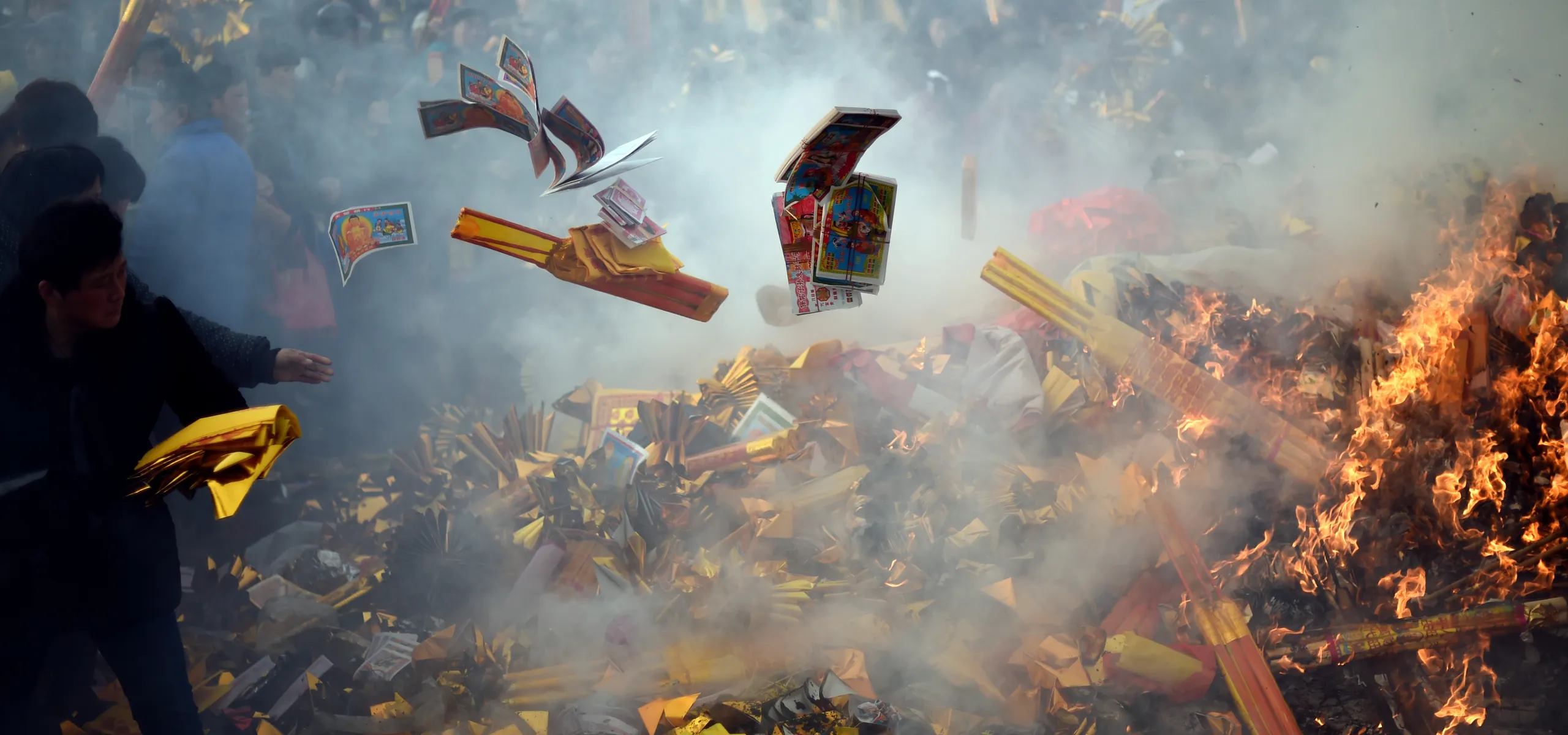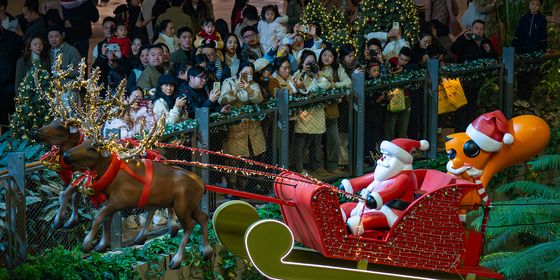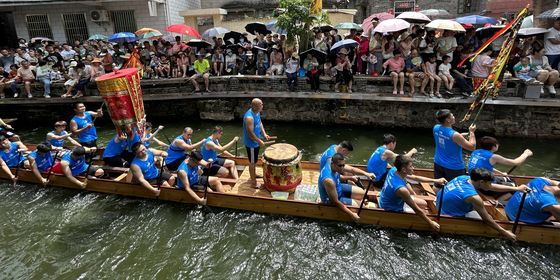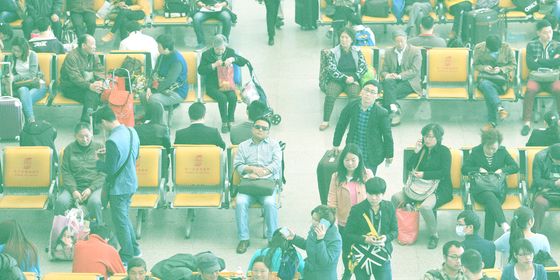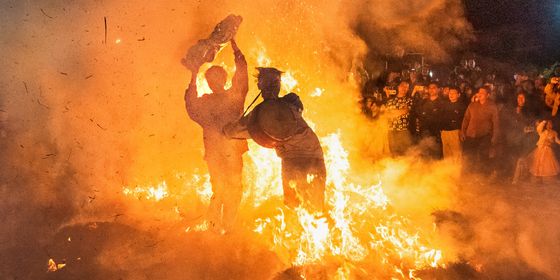Four ancient Chinese poems on Qingming Festival show that the day was always about more than just tomb sweeping
Many know Qingming Festival as the day when Chinese families visit the graves of their ancestors and pay respects to the deceased. But as its historical origin and ancient poems suggest, the day is not all about death and tomb-sweeping.
Qingming (清明) literally means “clear and bright” and refers to the spring weather. The holiday falls around April 5 every year, 15 days after the Spring Equinox. It’s also the fifth solar term of the 24 solar terms on the traditional Chinese calendar. One of the oldest holidays in China, Qingming dates back over 2,000 years. With several old spring ceremonies and holidays becoming obsolete, Qingming took over their meanings and rituals. One such faded holiday is the Shangsi Festival (上巳节) which featured bathing in a river to dispel bad luck, picnicking, and spring outings. Shangsi’s present-day folk equivalent, “Sanyuesan (三月三),” or the “Third Day of the Third Month,” is still widely celebrated in southwestern China among Han and other ethnic groups, such as Zhuang, Miao, and Yao with large meals, song, and dance.
Another old holiday that influenced Tomb Sweeping Day is the Cold Food Festival (寒食节), originally one or two days before Qingming, during which fire was banned and only cold food was served. Sweeping graves emerged as a folk custom around the 5th to 6th century. Although it made sense to enjoy the spring while paying a visit to one’s family tomb on one trip, the imperial court (with its Confucian values) disapproved of people picnicking near graveyards. In response, Emperor Gaozong of the Tang dynasty (618 – 907) banned sweeping graves at the Cold Food Festival in 622. But the power of folk custom was strong—the ban, hard to enforce anyway, was ineffective. In the mid-Tang, the court gave in and recognized it as an acceptable festival activity, but still banned drinking, eating, and entertainment at graveyards.
Qingming Festival was a popular theme in ancient poetry, giving today’s readers a glimpse into how the festival was celebrated throughout history. The most widely known poem on the festival was written by Du Mu (杜牧) in the late Tang dynasty. Below is a version from renowned translators Xu Yuanchong (许渊冲) and his son, Xu Ming (许明).
《清明》
清明时节雨纷纷,路上行人欲断魂。
借问酒家何处有?牧童遥指杏花村。
The poem starts with a gloomy atmosphere when a traveler is caught in the cold rain. The last two lines swiftly lift the mood with the promise of sweet wine and warm shelter among beautiful apricot flowers. Drama and hope in this short poem are perhaps what made Du’s words so well-known. Another poem with the same title, written by Northern Song (960 – 1127) poet Wang Yucheng (王禹偁), depicts an uneventful Qingming to highlight his own independent character, refusing to follow the masses in their customs.
无花无酒过清明,兴味萧然似野僧。
昨日邻家乞新火,晓窗分与读书灯。
-Translated by Xu Yuanchong and Xu Ming
This poem alludes to the Cold Food Festival, when all fires were extinguished. The poet’s Qingming is a solitary one and when others fire up the stove to cook a hot meal after a few days of cold food, he merely lights up his lamp to read. But in another poem written by Ouyang Xiu (欧阳修) from the Northern Song dynasty, the hustle and bustle of the spring holiday is palpable.
《采桑子·清明上巳西湖好》
清明上巳西湖好,满目繁华。争道谁家。绿柳朱轮走钿车。
游人日暮相将去,醒醉喧哗。路转堤斜。直到城头总是花。
-Translated by Liu Jue
Just as today, Hangzhou’s West Lake has been a top tourist destination throughout history. While sweeping tombs remained a major activity for Qingming, poet Gao Zhu (高翥) from the Southern Song dynasty (1127 – 1279) had a reflection on life after a trip to the graveyard.
《清明日对酒》
南北山头多墓田,清明祭扫各纷然。
纸灰飞作白蝴蝶,泪血染成红杜鹃。
日落狐狸眠冢上,夜归儿女笑灯前。
人生有酒须当醉,一滴何曾到九泉。
-Translated by Liu Jue





